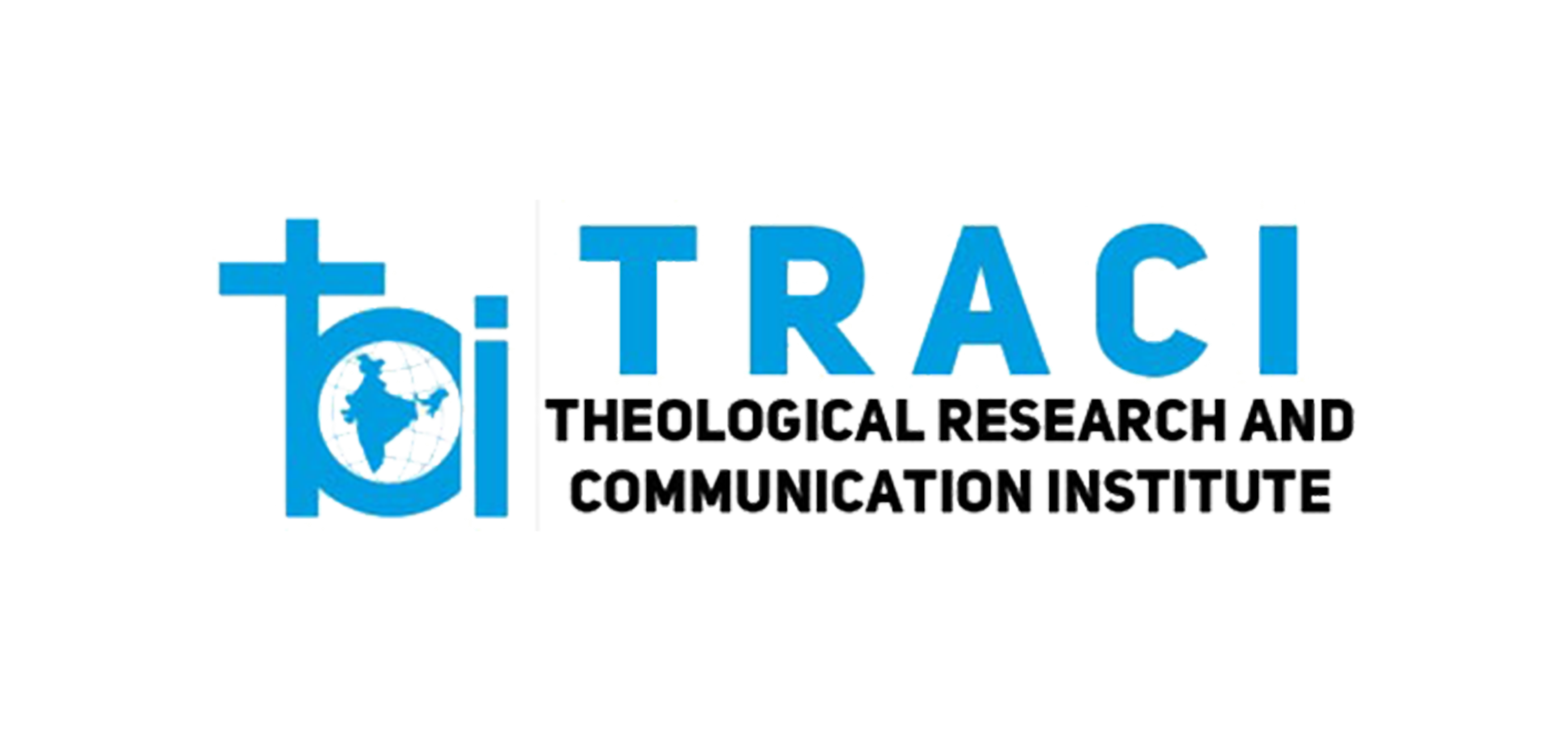The theme of lament was indeed a very unlikely choice. As the year dawned, new year wishes to a friend of mine came back with a very startling and poignant response; ‘…it’s been a difficult year. I almost don’t have the courage to face the new year’. Caught by surprise though, how true he was to me and how often have we lost the freedom to express our anguish and aghast! In a treadmill of conquest, time seldom gives us those moments to be real and need be – lament.
Do we hear the laments around us; probably not if we are just living in contexts of praise and worship. But there are enough groaning’s around us and they will be heard if we incline our ears to the voices: voices of lament. My friend was outright in his response, but not so with many. This calls for us to consciously incorporate songs and prayers of lament in our communities. We cannot lose our loved ones to live it all alone!
Is it ok to lament? Psalms of lament lead us to its settings (Sitz im leben). What else would a ‘refugee psalmist, a captive of the Babylonian army, bound in chains and being marched…. far from the land of his people and the city of his birth hear’? He becomes aware, and many times helplessly, to ‘the cries and moans of fellow-Israelites, many wounded, being herded from the soil that was once their own’. They are lamenting and its real. Duncan Maclaren shares that “Lament provides us with a voice in which to speak to God in situations of endemic sin. It is the one response that enables us to keep talking to God with some integrity.” No wonder, the psalmist’s turn their experiences into lament to a God who is gracious and able to deliver.
On the other hand, absence of lament, Walter Brueggemann says, is “the loss of genuine covenant interaction because the second party to the covenant (the petitioner) has become voiceless.” Hence, “where lament is absent, covenant comes into being only as a celebration of joy and well-being. Or in political categories, the greater party is surrounded by subjects who are always ’yes men and women’ from whom ’never is heard a discouraging word’. Since such a celebrative, consenting silence does not square with reality, covenant minus lament is finally a practice of denial, cover-up, and pretence, which sanctions social control.” I find it very relevant to our times and to our communities. There can be no living in denial; in-spite of the fact that our laments can be repetitive, running out of ideas, running out of friends and communities and even hope. Many times, we end up staring at the indefinite and the infinite wait! And hence the cry ‘How long, O Lord?’
Yet how long? A beautiful reminder is that ‘lament creates a transitional space, not a terminus’. But as often desired the terminus may not be what we determine. Laments bring in relief not by way of solving the crisis always, yet it renders hope. In lament we transfer our concerns into the hands of a God who is sovereign, merciful, just and retributive. Laments lead us to trust and rest in the fact that the Lord will come through in the end.
The only way I can wish my friend will be in the words of Habakkuk. The fig has not bud, nor are grapes on the wine, the olive crops have failed, and the fields produce no food. But I have cried it to the Lord, he has heard me. I will rejoice, be joyful because He is my strength and he’ll enable me to face yet another year.
-Sathish Simon
Reference:
- Duncan Maclaren, “The Lost Language of Lament (Psalm 79:1–9), Volume 118 Number 11 Pages 551–552, 2007 SAGE Publications (Los Angeles, London, New Delhi And Singapore), DOI: 10.1177/0014524607081081, Http://EXT.Sagepub.Com
- Walter Brueggemann, “The Costly Loss of Lament”, Journal for the Study of Old Testament 36 (1986), Downloaded from jot.sagepub.com

